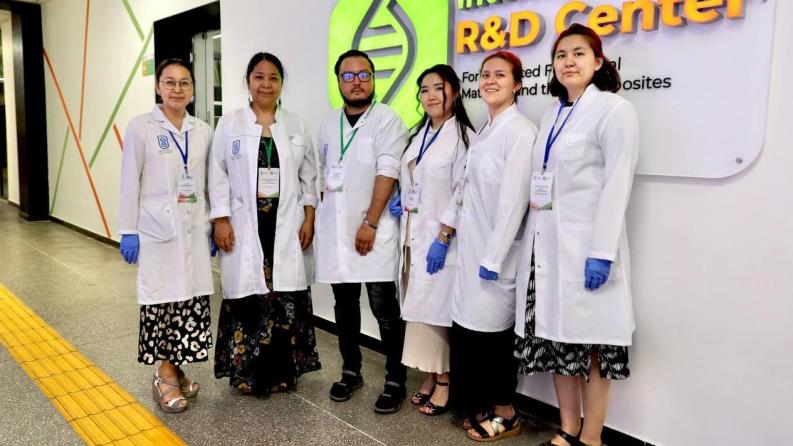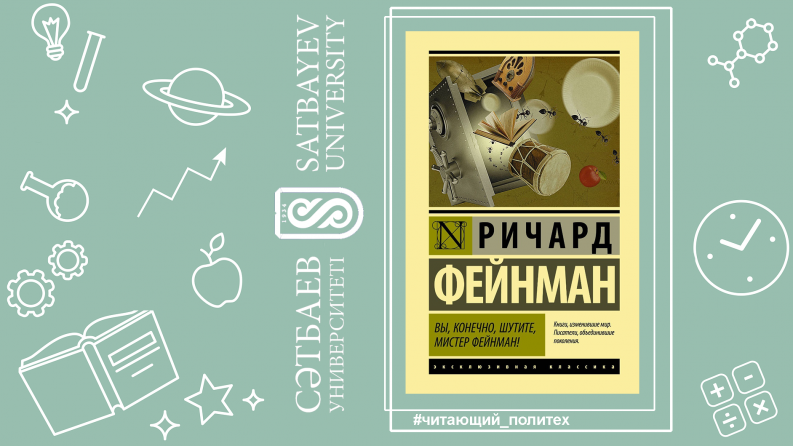Satbayev University scientists are developing the sorbent to purify water from toxic pollutants

Kazakhstan bentonite clays combined with polymers will ensure effective filtration and disinfection of water in industrial and rural regions of Kazakhstan
Satbayev University scientists’ elaboration provides for creating the composite material based on thermo- and acid-activated bentonite clays extracted in Kazakhstan, combined with silver nanoparticles, nonionic (PAA, PHEA) and biopolymers, including microcrystalline cellulose. The resulting material is capable of disinfecting and purifying the water, effectively removing toxic impurities and microorganisms.
"We strive to create an affordable and environmentally friendly solution that will help provide clean water for both large industrial centers and remote rural regions," said Madiyar Beyssebekov, PhD, project manager. "Already today, our materials demonstrate efficiency of up to 70% when removing heavy metal ions."
As part of the project, wastewater was studied in Almaty and East Kazakhstan regions. The work was carried out on the basis of Satbayev University and Scientific Center of Composite Materials LLP. As a result, it was possible to determine the optimal conditions for producing polymer-clay composites and to test their effectiveness in the laboratory.
"For two and a half years, we have been monitoring wastewater, developing and testing polymer composite materials based on local bentonite clays," said Sana Kabdrakhmanova, PhD, associate professor, candidate of technical sciences, scientific consultant of the project. "Studies have confirmed the high sorption potential of the obtained materials for removing toxic impurities."
The project supports the implementation of government initiatives such as Drinking Water Program (2001-2030) and National Water Resources Management Project until 2025. In conditions of limited freshwater resources and growing environmental challenges, the study results can play a key role in improving Kazakhstan's water security.










